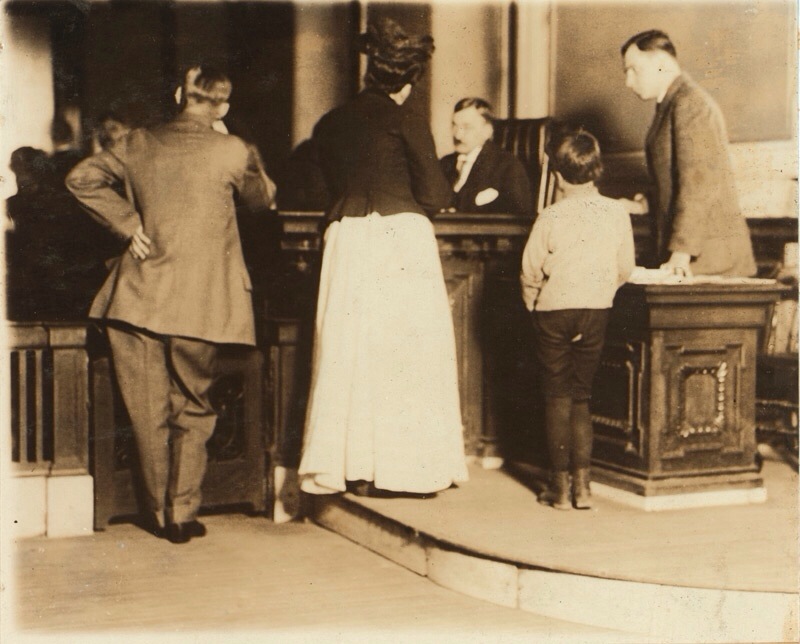While Britons are living longer lives and working into their pensionable years, their children are struggling to get jobs, buy houses and save for their own old age.
The latest offering from Manchester based Discuss asks the question which seems to have risen near to the top of the political agenda since the banking crisis.
Latest official figures show that 17 per cent of children were living below the poverty line in 2011/12 compared to 16 per cent of pensioners. The tables have turned. Youth unemployment remains worryingly high and the rising cost of living and stagnant low wages means many children of low and middle-income households now face being worse off than their parents — a finding endorsed by the 2013 Milburn report.
Can it be fair that so many of our children are working towards often unattainable goals while a now more affluent group of pensioners enjoy state provision to top-up already comfortable lifestyles? Is it time to distribute benefits more fairly in favour of the young and away from the old?
More importantly, is it possible for both the old and the young to enjoy the benefits of hard work for longer or must the young give way to their elders? But on the other hand, haven’t the old earned what they have – fewer of the older generation had the chances to travel and gain experiences that young people have now. Is it in fact a myth that they are all on gilded pensions, the picture is actually far more complex.
For the motion:
Grace Skelton, general secretary, University of Manchester Students Union
Andrew Cawley, head of pensions, KPMG
Against the motion:
Martin Vander Weyer, business editor, The Spectator
Chris Phillipson, professor of sociology and gerontology, the University of Manchester
In the chair:
Tom Cheesewright, applied futurist
Wednesday, 14 May, 6.30 – 8pm, Memorial Hall, Albert Square Chop House, Albert Square, Manchester. Tickets via the Discuss website







